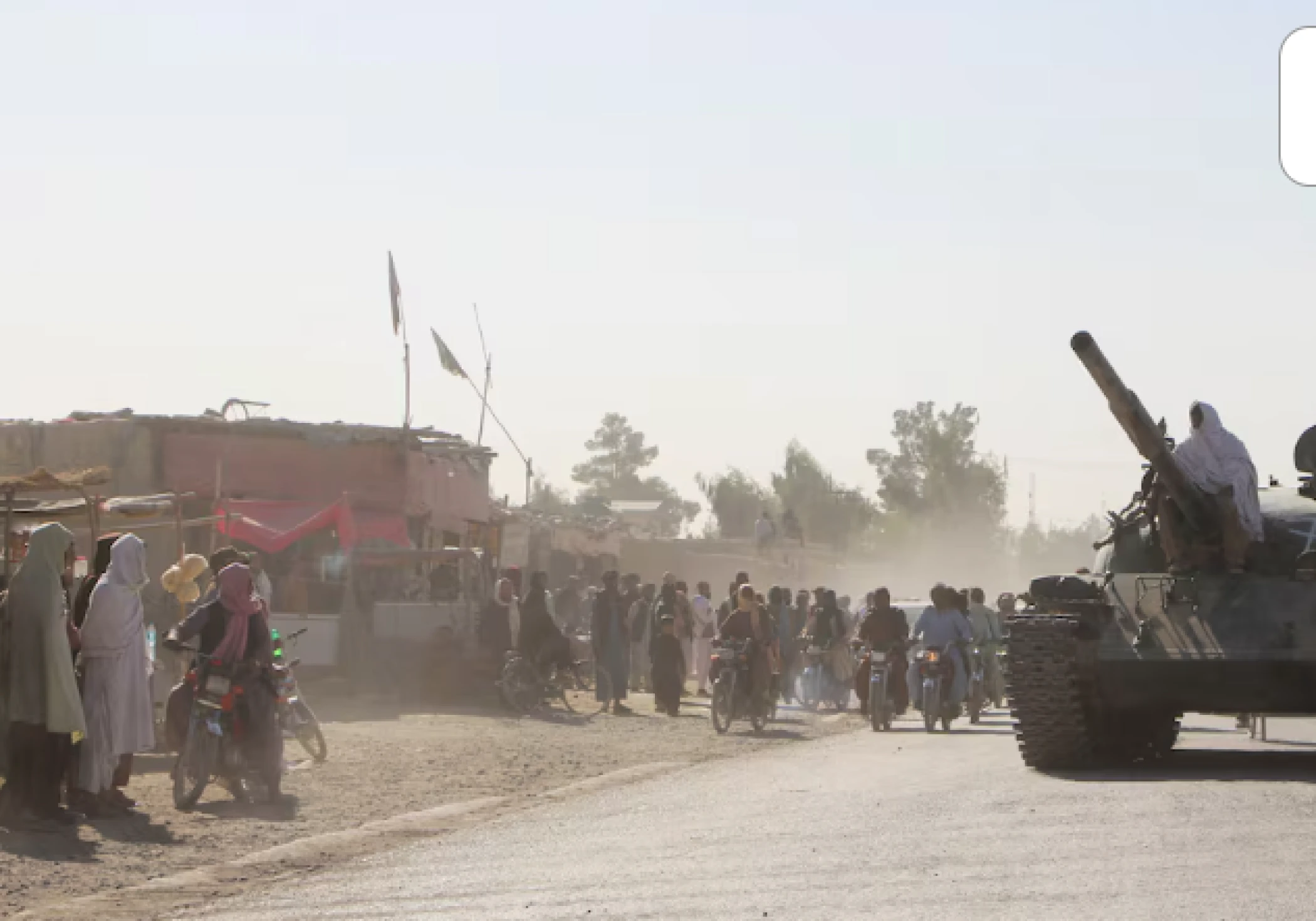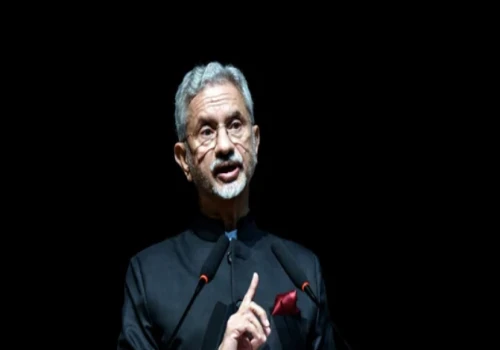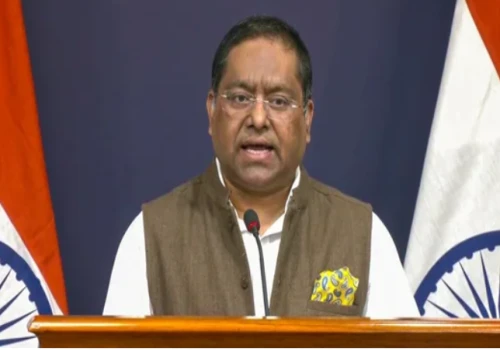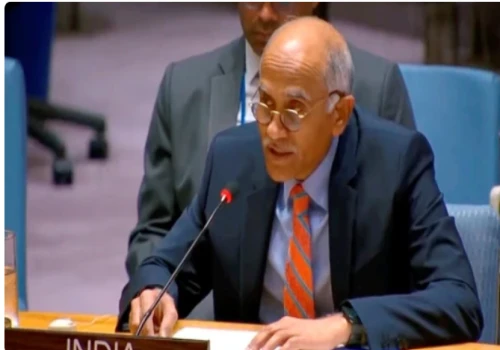
Afghanistan-Pakistan peace talks conclude without any workable solution, highlighting ongoing tensions, border disputes, and mutual mistrust between the two nations.
The latest round of peace negotiations between Afghanistan and Pakistan ended in stalemate as both sides failed to reach consensus on crucial issues such as border security, trade routes, and militant infiltration. Despite several rounds of dialogue mediated by regional allies, officials admitted that no “workable or mutually acceptable” framework was achieved.
Diplomatic observers note that relations between the two neighbors remain strained following recent border skirmishes and accusations of harboring insurgents. Pakistan urged Afghanistan to take stronger action against militant groups operating along the Durand Line, while Kabul demanded respect for its territorial sovereignty and reduced cross-border restrictions.
Experts believe that while both nations share economic and security interests, mutual suspicion and lack of trust continue to hinder meaningful progress. The failure of these talks raises concerns about regional stability, especially as international attention shifts away from Afghanistan post-2021.
Future discussions are expected, but analysts warn that without confidence-building measures, tangible peace remains distant. The international community continues to urge both countries to prioritize dialogue and cooperation for long-term peace in Sou
th Asia.












